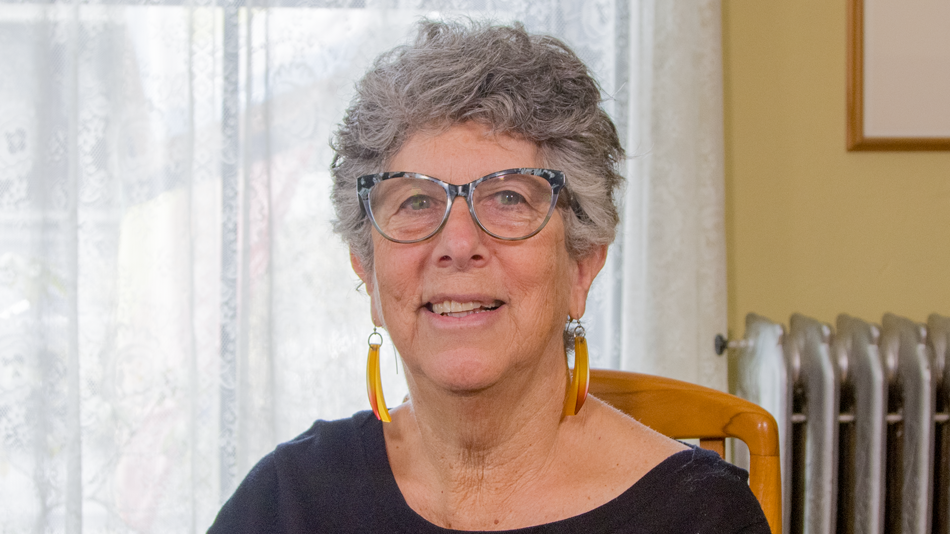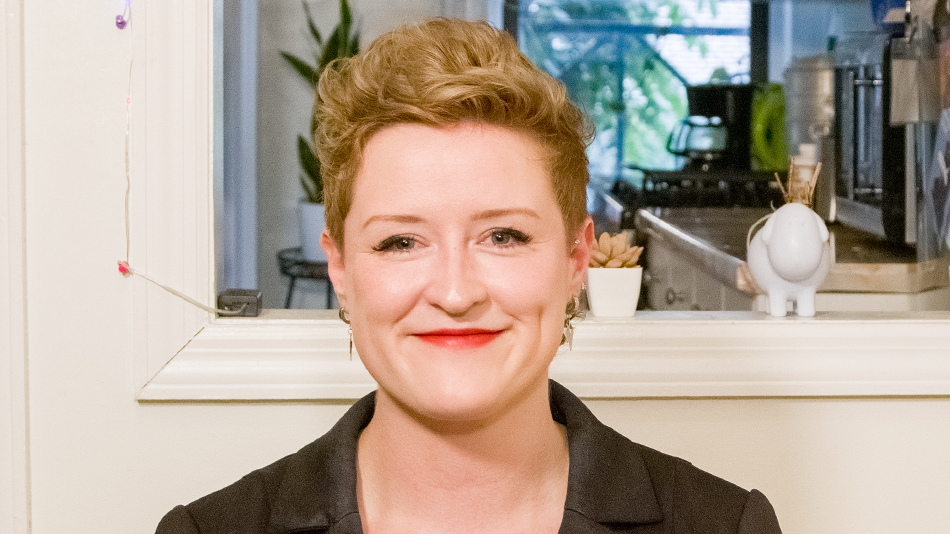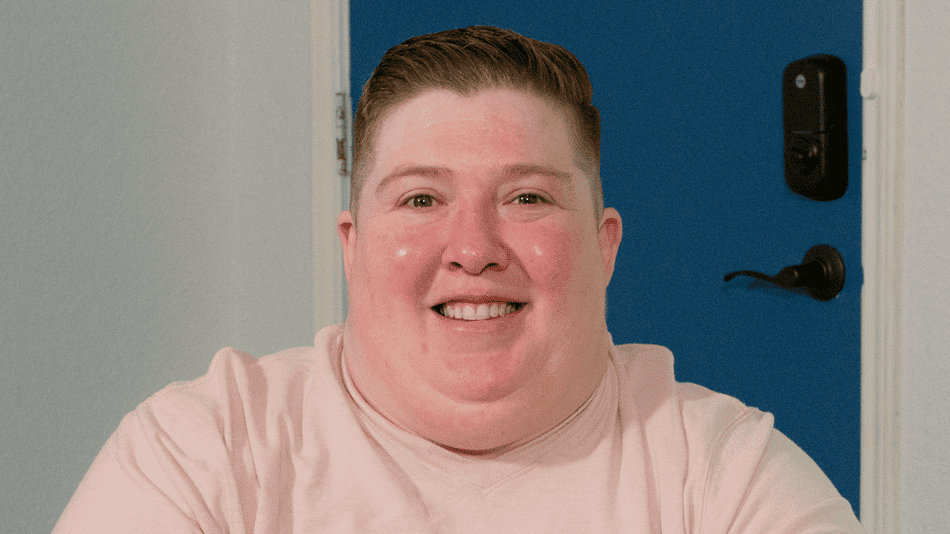My name is Neha Ghosh and I’m from Bridgewater, New Jersey.
When I was very little, from the ages around maybe three to twelve, I was always the really awkward, really masculine girl. I always liked to play with the boys, often. I was always playing wall ball and kickball. Being a South Asian woman and being very good at sports, just inherently good at sports, and doing martial arts, basketball, tennis, all of these things.
I remember one time coming home from school, and I got off the bus, walked into the house, and my mom would just say, “Hey, how was school today?”
And I would be like, “Oh, it was great. I did this and this.” And then I would name all these boys that I would be playing with. However – and I could tell that was weird.
And then my Mom would say, “Neha, why don’t you have any friends that are girls?”
And honestly, I am sitting here as an 8-year-old saying, “I don’t know, Mom! I just like to play with boys. Why does it matter?”
When I was younger and being very much in the South Asian community, it was always difficult with the aunties because they were all – that’s what we call them, the aunties – and the aunties, they gossip a lot. When they’re gossiping with you and talking with you, it always feels like there’s, like, another double-edged sword of how they talk.
So when they would say, “Oh, you’re working out so much,” it would feel like, “Why’re you working out so much?”
And you’re like, “Are they gonna be cool? Are they going to be okay with me, when I eventually tell everyone?”
In my junior year of high school, I had to do volunteer things for college applications like everyone does. So I went to Calcutta, India to work at the Mother Teresa Ostrom and while I was in Calcutta, India, I was also staying with my grandmother. And my aunt also visited at this time as well. And while I was connecting with the both of them, I noticed that my grandmother was, like, very strong, very smart, very sassy. She always did more things before 8:00 AM than most people did in the day. And same thing goes with my aunt – she was so smart and so interesting and so nuanced whenever she would make a joke, it would be such like a little whip. It would be awesome.
They did so much for their family, but never seemed to compromise themselves. When I came home, I was so happy and I was like, this is awesome, I can’t wait to go back to India again and, like, meet them and, like, get to know them more and maybe eventually tell them more about myself.
I think I was a sophomore in college. I was driving somewhere and my parents had called me up and then I heard the news. My parents basically said that both of them had passed away. Both of them committed suicide. I just couldn’t understand how these two extremely strong women could take themselves out like that.
I think like most folks do, they kinda turn towards religion or some sort of, some sort of factor where they can kind of relax and cope with, and I turned to Hinduism in that aspect where I would learn more about the mother goddess of Durga.
Durga had this dark side of her called Kali. I wouldn’t say it’s dark, but it’s a different side of her. I liked learning about the duality of all the gods. No god is perfect, no goddess is perfect. Everyone had their flaws to them. So I enjoyed learning about all of that and it helped me kind of relate it back to myself. So my grandmother and my aunt did all of these amazing things but they did have this dark side to themselves.
And then I would go back to myself and say, “How can I – what can I do to commemorate them?” Because of this duality complex, I very much related it more to gender and sexuality where, you know, you’re never just one thing, you’re both. And the duality of both is that it makes the both of you, both of those parts make you stronger. And both of those parts are needed to move forward.
For me, learning and coping with this really dark time in my life, really helped me open up a different part of my life, which is I am not going to ever not live my truth. I found out later that they weren’t living their truths. And because of that, they did what they did. So you have to listen to all the parts of yourself, and it’s difficult. When you get older, it’s difficult to do all of that. But it’s very important to try to do that so you can be the best person that you can be at what you’re doing at that time.








Share